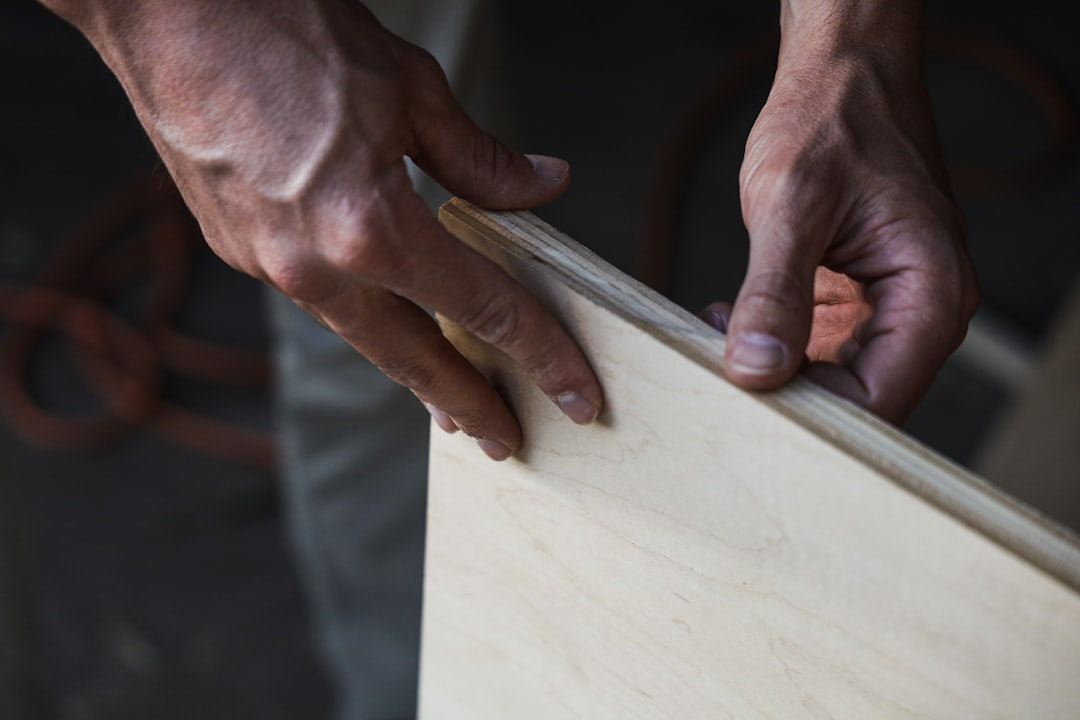When it comes to selecting the right type of plywood for your standard">construction standard">projects, understanding the differences between concrete formwork plywood and regular plywood is crucial. Each type serves distinct purposes based on their unique properties and standard">construction requirements. In this article, we will delve into the key disparities between these two types of plywood - concrete formwork plywood and regular plywood.
Concrete Formwork Plywood
Concrete formwork plywood, often referred to as "concrete form ply," is specifically designed for standard">temporary standard">construction standard">projects where it will be used as molds for pouring concrete. This type of plywood is known for its durability and strength to withstand the pressure exerted by wet concrete during the pouring and curing process. Concrete formwork plywood is typically made from materials like medium density overlay (MDO) plywood, phenolic plywood, or film-faced plywood.
Medium Density Overlay (MDO) Plywood
MDO plywood is a type of concrete formwork plywood that has a smooth resin-infused surface, making it ideal for achieving a high-quality finish on concrete surfaces. It offers excellent durability and resistance to moisture and chemicals, making it a popular choice for standard">construction standard">projects that require a superior concrete finish.
One of the distinguishing features of MDO plywood is its ability to withstand multiple uses, making it a cost-effective option for standard">projects where the formwork will be reused several times.
Phenolic Plywood
Phenolic plywood is another common type of concrete formwork plywood that is recognized for its water-resistant properties. The phenolic film coated on the surface of the plywood provides a smooth finish and enhances the durability of the material against harsh elements, making it suitable for outdoor applications.
standard">Construction standard">projects that involve casting concrete in challenging environments, such as those with high humidity or exposure to the elements, often opt for phenolic plywood due to its resistance to water and moisture.
Regular Plywood
In contrast, regular plywood is a more versatile type of plywood that is widely used in various standard">construction and woodworking standard">projects. While regular plywood can also be used in standard">construction formwork, it may not offer the same level of durability and resistance as concrete formwork plywood.
Regular plywood is made from layers of wood veneers glued together, with the quality and strength varying based on the type of wood used and the manufacturing process. It is commonly used in applications where the concrete finish is not a primary concern, such as structural support, sheathing, or decorative purposes.
Film Faced Plywood
Film-faced plywood is a type of regular plywood that has a durable film coating applied to the surface, offering a smooth finish and added protection against moisture and abrasion. While film-faced plywood can be used in some formwork applications, it may not be as durable as specialized concrete formwork plywood.
standard">Construction standard">projects that require a combination of versatility and cost-effectiveness may consider using film-faced plywood for non-critical formwork applications or other general standard">construction purposes.
Choosing the Right Plywood for Your Project
When deciding between concrete formwork plywood and regular plywood for your standard">construction standard">projects, it is essential to consider the specific requirements of the project, including the expected concrete finish, durability, and budget constraints. Understanding the key differences between these two types of plywood can help you make an informed decision and ensure the success of your standard">construction endeavors.
Conclusion: Making the Right Choice
In conclusion, whether you opt for concrete formwork plywood or regular plywood, each type has its unique strengths and applications in standard">construction. By understanding the differences in properties and suitability for different standard">projects, you can select the plywood that best meets your project requirements, whether it's achieving a superior concrete finish or ensuring structural integrity. Choose wisely and build with confidence!

